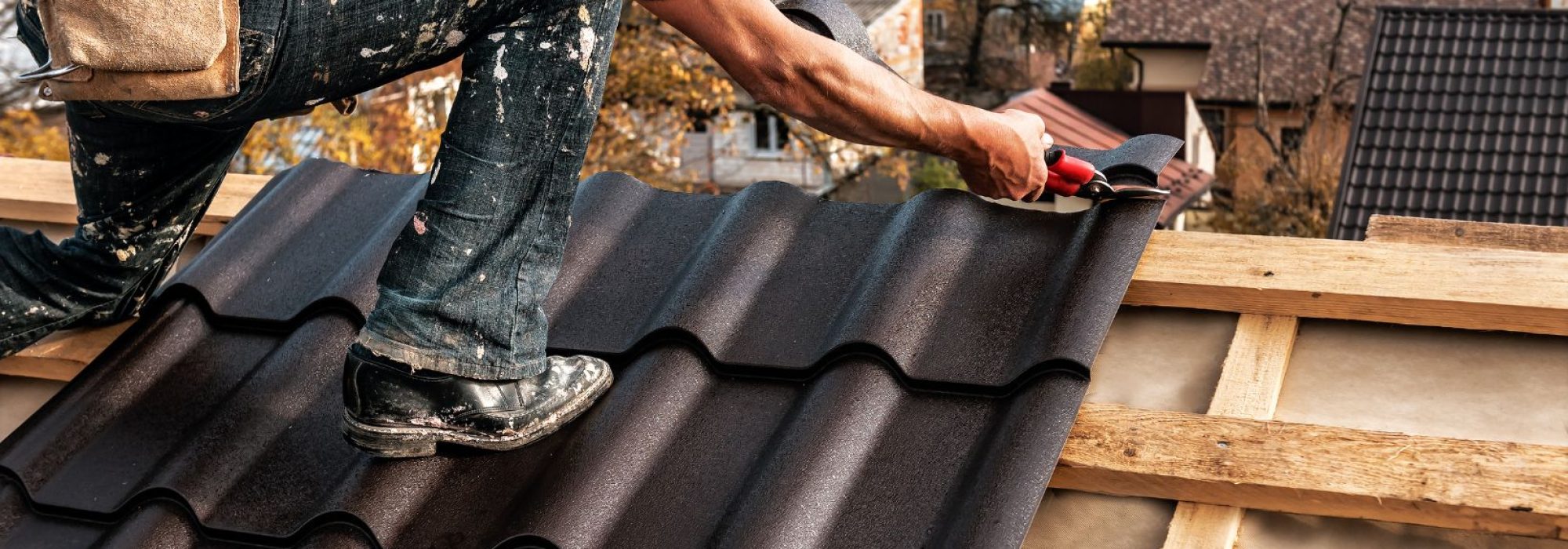What Is a Drip Edge in Roofing

Maintaining a sound roof is crucial in safeguarding your home and its occupants. A well-kept roof can prevent costly damages and ensure longevity from regular inspections to timely repairs. However, overlooking essential maintenance practices can lead to significant issues. Understanding the key steps to preserve your roof’s integrity is paramount for homeowners seeking to protect their investment. Stay tuned to discover the fundamental roof maintenance tips from a professional roofer in Mesa that will help you secure a sturdy and reliable roof for years.
Regular Roof Inspections
Regular roof inspections are vital for homeowners to identify potential issues early and avoid costly future damages. Prioritizing roof safety during inspections is essential. It’s crucial to check for loose or damaged shingles and look for signs of water damage or mold growth. Weather conditions significantly impact a roof’s wear and tear, with extreme heat, heavy rain, snow, and high winds all contributing to its deterioration. Homeowners should inspect their roofs at least twice a year, ideally in the spring and fall, to catch any problems before they escalate. By being proactive and attentive to their roof’s condition, homeowners can ensure a safe and sturdy structure above their heads.
Clear Debris and Clean Gutters
To maintain a structurally sound roof, homeowners must prioritize regularly removing debris and cleaning gutters to prevent drainage issues and structural damage. Here are some preventive measures and drainage solutions to consider:
- Regular Debris Removal: Clear leaves, branches, and other debris from the roof to prevent clogging and water accumulation.
- Gutter Cleaning: Ensure gutters are debris-free to allow proper drainage and prevent water from seeping into the roof.
- Downspout Maintenance: Check and clean downspouts regularly to ensure water is directed away from the house’s foundation.
- Professional Inspection: Schedule regular roof inspections by professionals to promptly identify and address any potential drainage issues.
Trim Overhanging Branches
Maintaining a visually appealing and structurally sound roof involves addressing overhanging branches promptly to prevent potential damage and hazards. Pruning branches that extend over your roof is essential to prevent them from causing harm during storms or high winds. Tree trimming not only helps safeguard your roof but also enhances the overall landscaping aesthetics of your property. Overhanging branches can scratch the roof surface, clog gutters, and provide easy access for pests like squirrels to enter your home. Regularly trimming overhanging branches helps prevent damage to your roof’s shingles and structure, thereby extending its lifespan and maintaining your home’s integrity. Proactive tree maintenance not only protects your property but also enhances its visual appeal.
Check for Signs of Damage
Inspecting your roof regularly for signs of damage is fundamental to ensuring its longevity and structural integrity. Here are some key things to look out for and actions you can take:
- Missing or Damaged Shingles: Replace any missing or damaged shingles promptly to prevent water infiltration.
- Sagging Areas: Address any sagging sections of the roof, as they can indicate structural issues that need immediate attention.
- Water Stains on Ceilings: Investigate and repair the source of water stains on ceilings to prevent further damage.
- Clogged Gutters: Clean gutters regularly to prevent water backup, which can lead to roof leaks and damage.
Regular inspections and timely repairs are crucial in maintaining the health of your roof. Engaging in preventive techniques can help avoid costly repairs down the line.
Address Leaks Promptly
Timely intervention in addressing leaks is essential to safeguard your roof’s structural integrity and longevity. Water damage resulting from leaks can lead to costly repairs and compromise the safety of your home. When left unchecked, leaks can seep into the ceiling, walls, and insulation, causing extensive damage and promoting mold growth. Mold prevention is crucial as it poses health risks and further deteriorates your home’s infrastructure. To address leaks promptly, inspect your roof regularly for any signs of water infiltration, such as water stains or damp spots. Act swiftly to repair any damaged shingles, flashing, or seals to prevent water from penetrating your roof and causing lasting harm.
Other Roofing Tips:

